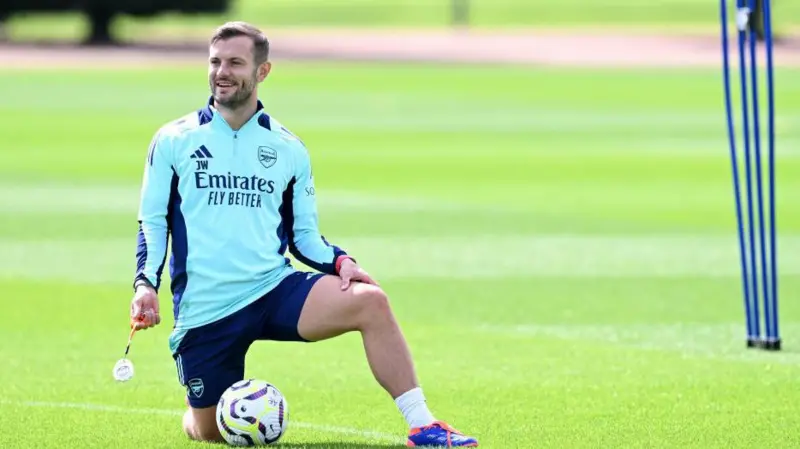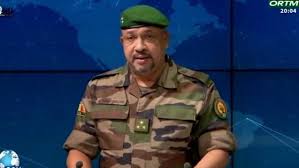Cameroon’s President Paul Biya, the world’s oldest sitting head of state at 92 years old, has made major changes to the country’s military leadership just days after confirming he will run for an eighth term in office.
In a series of presidential decrees issued late Tuesday, Biya replaced top commanders across nearly all branches of the military. The changes include appointing new chiefs of staff for the infantry, navy, and air force, as well as promoting eight brigadier generals to the rank of major general.
One of the promoted generals is the leader of the elite Rapid Intervention Battalion (BIR) — a special unit heavily involved in counter-terrorism and seen as vital to Biya’s personal security. A new military adviser to the presidency was also named.
These moves come just two days after Biya officially announced his intention to run in the presidential election scheduled for October 12, 2025. If he wins, he could remain in power until nearly 100 years old, having first taken office in 1982.
The announcement sparked widespread criticism both in the media and on social media. Many Cameroonians questioned his ability to lead, citing his age, frequent long stays abroad, and limited public appearances.
The government insists that Biya is in good health and capable of continuing to lead the country.
According to security experts, the military reshuffle is a clear strategy to strengthen Biya’s grip on power. Anthony Antem, a peace and security analyst at the Nkafu Policy Institute in Yaoundé, said the president is surrounding himself with loyal military leaders to prevent any internal resistance during the elections.
Celestin Delanga from the Institute for Security Studies (ISS) said that the timing of the changes reflects Cameroon’s “unique political and security context.” He noted that the president likely wants to ensure full military loyalty before, during, and after the elections.
Cameroon currently faces several serious security challenges, including a long-running conflict with Anglophone separatists in the northwest and southwest regions, and the threat of attacks from Boko Haram fighters near the Nigerian border in the north.
The government has not offered an official explanation for the military overhaul.
The last major reshuffle happened in late 2024, shortly after Biya returned from another long overseas stay that raised fresh concerns about his health. Many believe these repeated changes show the president’s efforts to maintain total control over the country’s power structures.
As the October election approaches, Cameroonians — and the world — will be watching closely to see how this next chapter in Biya’s long rule unfolds.



